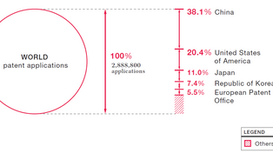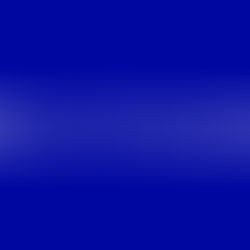How is the copyright in a derivative work determined?
- Admin
- May 16, 2023
- 1 min read

A derivative work is a new work created by adding original expressions to an existing work, such as a translation, an adaptation, or a painting based on a photograph. The author of a derivative work enjoys copyright protection for their original contributions, but the copyright is limited by the original work. Therefore, the author of a derivative work needs permission from the original author to make commercial use of the work to avoid infringing their copyright. If a derivative work is based on multiple prior works, the author needs permission from all the previous authors. As the derivative work goes further down the value chain, more licenses are needed. It is important for the author of a derivative work to obtain proper permissions to avoid infringing the rights of the original author or rights owner.





















Comments